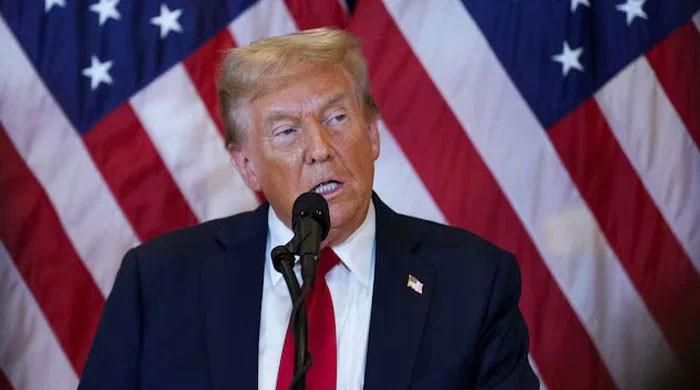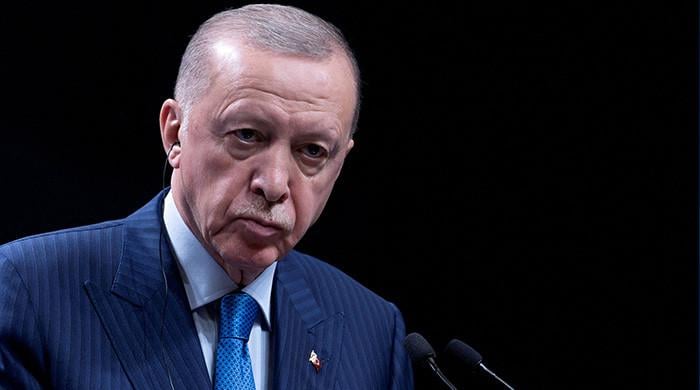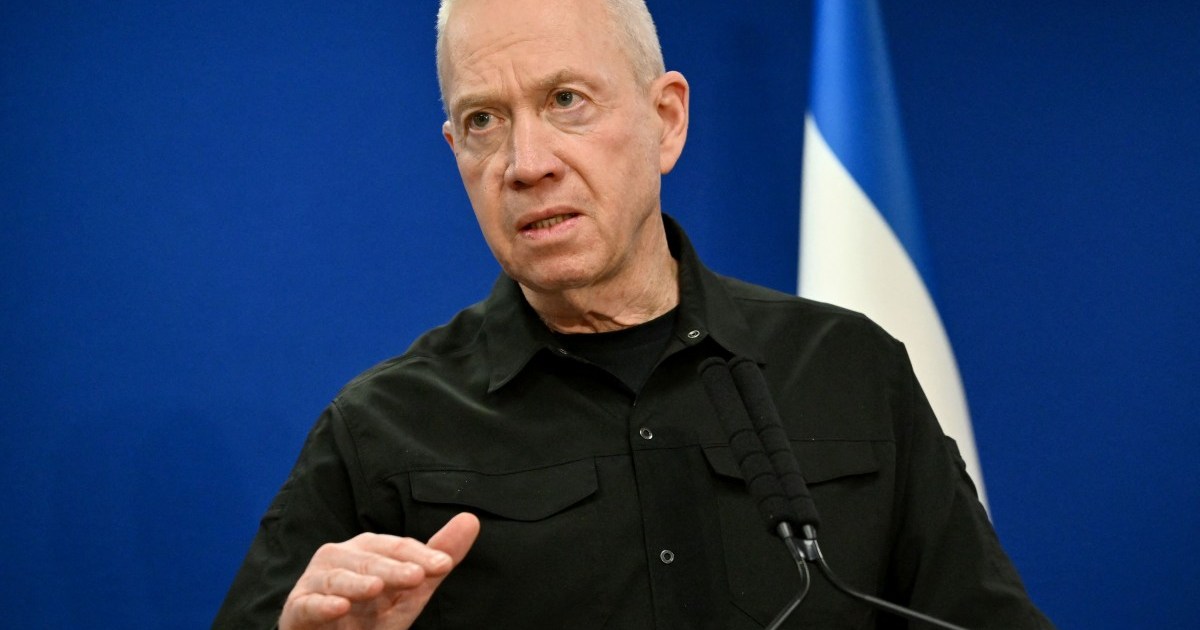- Trump's approval falls in the midst of policy concerns.
- The signalgate scandal increases national security alarms.
- Public dissatisfaction grows on economics, trade and foreign policy.
Washington: The brief impulse after the elections of the president of the United States, Donald Trump, seems to be decreasing, since its approval index has constantly decreased from 47% to 43%, according to Gallup.
The fall occurs when the Americans react to the first movements of their administration, including the controversial agenda of the 2025 project, the rates proposed by the market and the interests of unusual policies, from the acquisition of Greenland to the remodeling of the influence of the United States in the Gulf.
Despite previously distancing from the 2025 project during the campaign, Trump's rapid hug of his policies has expressed concerns, potentially alienating voters and cushioning the initial support to his presidency, a Vanity Fair The correspondent wrote.
According to the publication, Trump's recent political decisions, including the change of proposed name of the Gulf of Mexico, discussions about Greenland and a commercial approach with tariffs that affect Canada and Mexico, have contributed to a decrease in public approval.
In addition, government expenses have expressed concerns, particularly regarding financing for medical research on cancer and Alzheimer's.
A Harvard-Harrisx survey suggested that billionaire Elon Musk, who has been influencing federal agencies under Trump's administration, has also seen that his favorite qualification decreases by 10 points from February to March in the middle of ongoing Tesla protests.
Public dissatisfaction with Trump's leadership is evident in multiple key issues. A recent survey of the Associated Press-NORC Center indicates that only 38% of Americans approve their management of commercial negotiations, 40% support their economic policies and 41% of their approach to the Russia-Ukraine war and social security. Immigration remains its strongest problem, with an approval of 49%.
Despite entering the position with relatively strong public support, Trump's policies have generated generalized scrutiny, which indicates increasing concerns about their government.
In addition, the publication wrote that the Trump administration faces greater scrutiny after the appearance of the so -called “Signalgate” scandal, in which the national security advisor Mike Waltz created a group of signals to discuss Yemen's classified attack plans.
The group included 17 government officials, including vice president JD Vance, Secretary of State Marco Rubio and Defense Secretary Pete Hegseth, together with Atlantic Chief editor Jeffrey Goldberg, whose inclusion has caught significant attention.
While the White House has minimized the incident, a CBS News -Augov survey found that 76% of Americans, including 56% of Republicans, believe that discussing military operations in an unpopulated application was inappropriate.
Despite the growing criticism, Trump refrained from taking measures against Waltz, according to the reports, asking the allies if he should eliminate him, but finally deciding against him to avoid seeming to give in to the media pressure.












